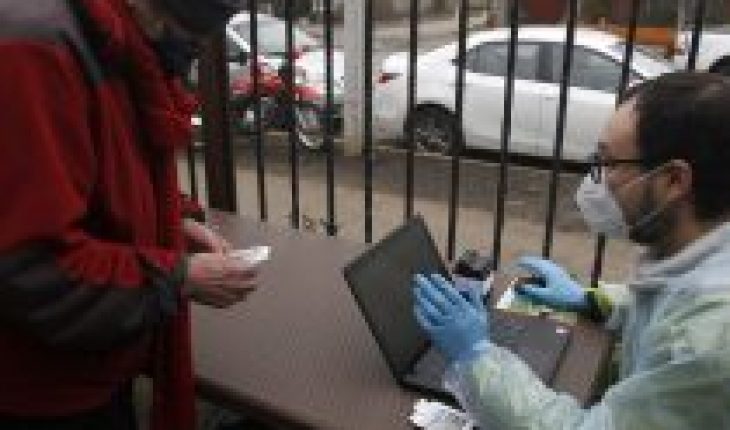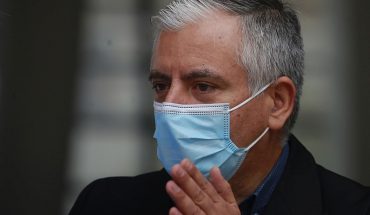
A recent report by the University of Chile, the Medical College and other institutions found that 37.5 percent of primary care facilities are not traceability to suspected cases of COVID-19. Faced with this scenario, the Casa de Bello, like last year, is promoting a recruitment campaign to support these health centers across the country.
The campus seeks to summon more than a thousand people. The deputy director of the Department of Primary Care and Family Health at the Faculty of Medicine, Viviana Ulloa, indicated that the call is not only aimed at professionals or students in the area of health, but also for the entire community that has two hours a day, for four weeks ideally, and that it is certified with the free course “Tracking cases and contacts COVID-19”, taught by the U. of Chile since 2020, based on a program of John Hopkins University.
This course was translated into Spanish by the University of Chile team after health authorities determined that the TTA strategy would be in charge of Primary Health Care in June 2020. To date this course has reached more than 30 thousand participants, of which 25 thousand people are certified.
“The reactivation of this call to volunteers is born by the need for APS centers that are not being able to meet the deadlines to adequate traceability tracking. Today what we are seeing is the result of this which was a deficit monitoring, not because the APS did not want to do it, but because the resources were not enough,” said Viviana Ulloa.
To those enrolled, the U. de Chile will deliver a chip for connection and calls; and those who have not taken the course can do so openly and free of charge.
By participating in this experience, the organizing team proposes in their call, volunteers will be able to “apply and resume interview techniques, know the health system, develop knowledge regarding people-centered care, attend and educate about symptoms and warning signs, know referral strategies”.
In addition, they add, “as there are no face-to-face clinical practices, this could be a profitable instance that allows patients to interact, collaborating in the endorsement of the pandemic along with being part of the first line.”
Impact and work dynamics
As Professor Ulloa details, the impact of this support initiative can be crucial since “one or a volunteer who takes two hours a day, for 5 days a week, leads to 10 hours spent in that span only taking new cases. At that time, it can handle 10 new cases, considering in this work the containment, counseling and the search for close contacts.”
Today it is estimated that for each person there are 7 contacts, therefore, the specialist added, with these 10 contacts can reach 70 people with their weekly action. “Today there are people who don’t really know it was contact, because the first person hasn’t been called and that contact has already infected the others,” he said.
After completing the form, which is reviewed every hour to respond to the volunteers, it is separated to those who have the certificate of the course and those who do not, in the case of the latter, to dedicate them to do so. Those who have the program must send the certificate. After that, they are admitted to a form that intersects with the communes that have requested cooperation, which are assigned a coordinator or academic coordinator of the Faculty of Medicine, who in turn is assigned 5 to 7 volunteers.
The team contacts the director of communal health or epidemiology managers. They make a meeting to define the working methodology, adapting to the local reality, and define how cases will be assigned. Then the university coordinator meets with the volunteers and lowers the information. They indicate what the times for making the calls will be and assigned the cases.
Today this initiative to support the TTA strategy is already operational at CESFAM Cristo Vive de Recoleta and Villaseca de Puente Alto. Next week Buin and Renca are integrated and thus consecutively according to territorial requirements.
Volunteers must enroll in this form. In case of any questions, people can write to the trazabilidad.uch@gmail.com





